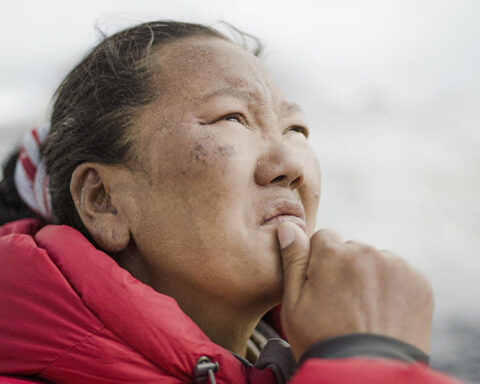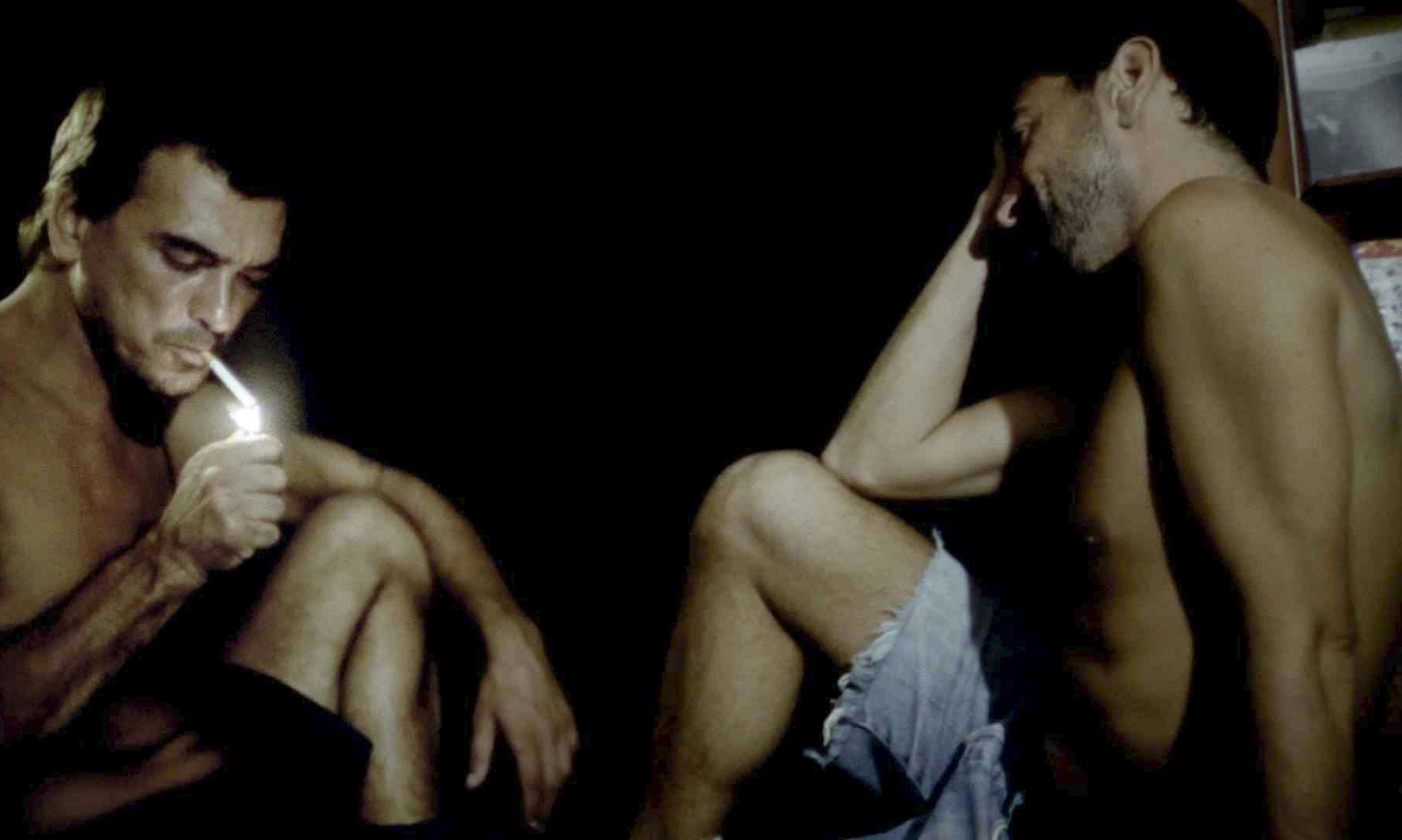Life Without Basketball
(USA, 98 min.)
Dir. Jon Mercer, Tim O’Donnell
Life Without Basketball puts a new spin on the phrase “right to play.” The inspiring doc, which screens at TIFF’s Human Rights Watch Film Festival, gives audiences a glimpse into the everyday pleasures of which one can be stripped simply for one’s beliefs. For a six-foot white guy like myself, hitting the basketball court and casually shooting hoops while growing up was a privilege I never had to consider; for a young Muslim-American woman like Bilqis Abdul-Qaadir, for whom basketball was her life and dream, the love of the game is cruelly denied. Life Without Basketball intimately takes audiences inside Abdul-Qaadir’s fight as the all-star athlete finds her promising career dashed by the International Basketball Association’s regressive ban on religious headgear. The doc poignantly shows that one shouldn’t have to choose between one’s identity and one’s dreams.
Directors Jon Mercer and Tim O’Donnell follow Abdul-Qaadir’s journey to give audiences a heartfelt sense of just how much the young woman was robbed. The doc chronicles her swift rise on the basketball court, slaying the completion by setting a record of 3070 points. She relates how even more significant than her skill with a b-ball was her presence on the court as a young Muslim-American woman excelling in the game while wearing a hijab. The doc shows how her success offered positive representation and inspiration for girls across the region.
As the doc follows Abdul-Qaadir through her high school graduation and into college, it allows audiences to witness the highs she experiences on the court and the lows she endures when the headgear ban changes her life. Her identity is as wrapped up in her presence on the basketball court as much as it is in the hijab she wears as a sign of her faith. She withdraws, unsure of what to do with her life when she feels unwelcome on the basketball court, or may play only if she denies an integral aspect of herself. The more the doc follows her fight against the discriminatory practice, the more it reveals both casual and institutionalized racism.
Life Without Basketball puts a human face onto the lives that some organizations fail to see when they make unilateral judgements that discriminate and deprive people of their rights. It’s especially relevant with the recently proposed controversial secular law in Quebec that would ban religious symbols on public servants, and the Hot Docs premiere Willie similarly raising the issue of racial barriers in sports that have gone on for too long.
The film’s no-frills, functional verité style puts representation at the forefront. The doc isn’t about Abdul-Qaadir’s life on the court, but, rather, her life off it. The film is an objective slice of life portrait into an ordinary Muslim-American household. This family portrait speaks about fighting for representation in Trump’s America where negative perceptions of Muslims abound. Mercer and O’Donnell capture the normalcy of everyday life to show the role of faith in Abdul-Qaadir’s day-to-day habits. It’s a positive and productive representation of the Muslim community as the doc follows the family into prayer services with the community, which, ironically, take place in venues like basketball courts, or football fields for major celebrations.
Out of the heartache, Abdul-Qaadir finds another passion: motivational speaking. The doc observes her efforts to inspire other girls by sharing her story and speaking truth to power. She’s a great speaker and it’s inspiring to see her connect with so many young girls as she encourages them to stay true to themselves and fight for their beliefs in the face of adversity. Life Without Basketball is a touching portrait of one young woman’s courageous quest to make the world a better place.
Life Without Basketball screens on Tuesday, April 9 at TIFF’s Human Rights Watch Film Festival.












